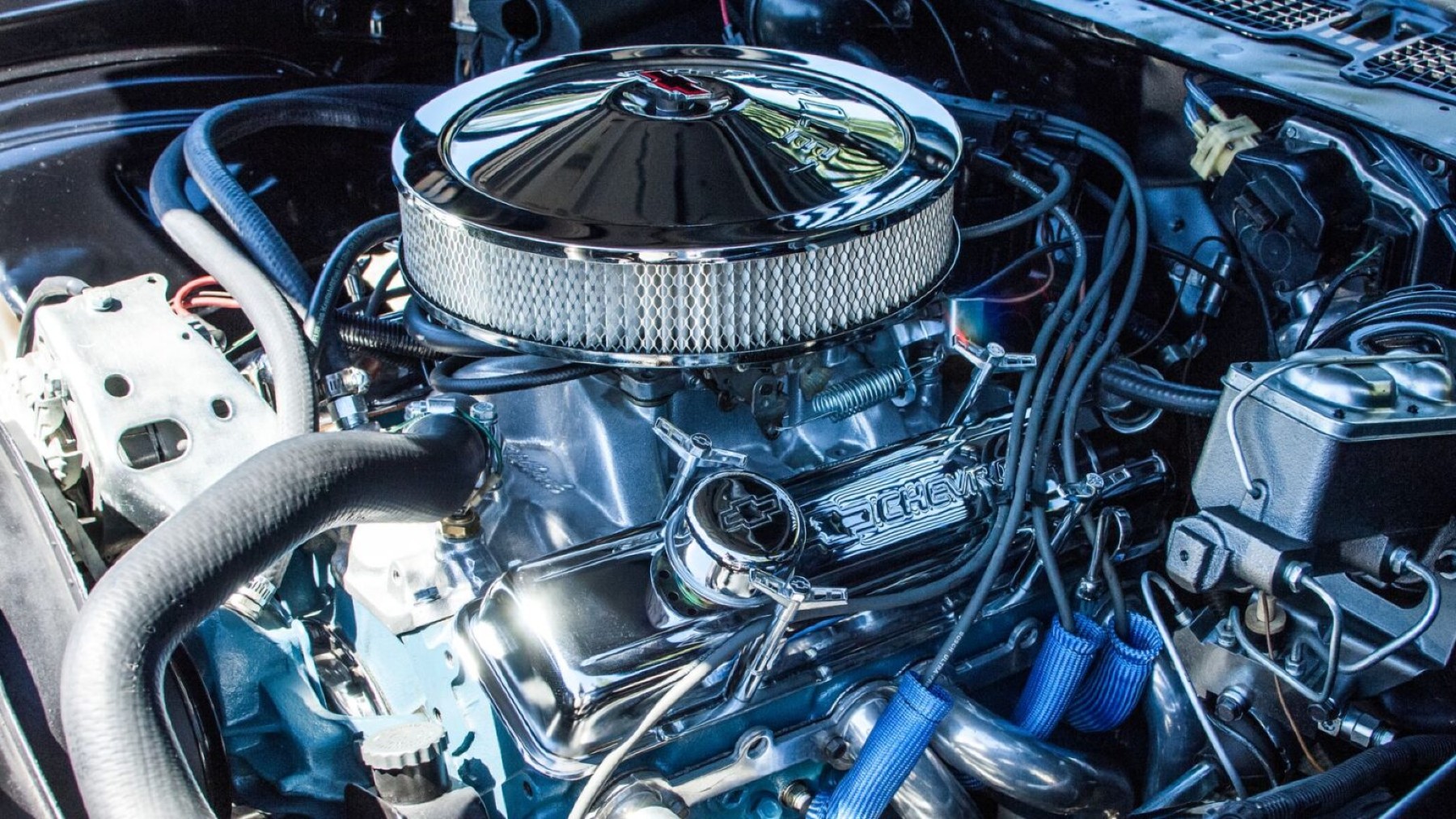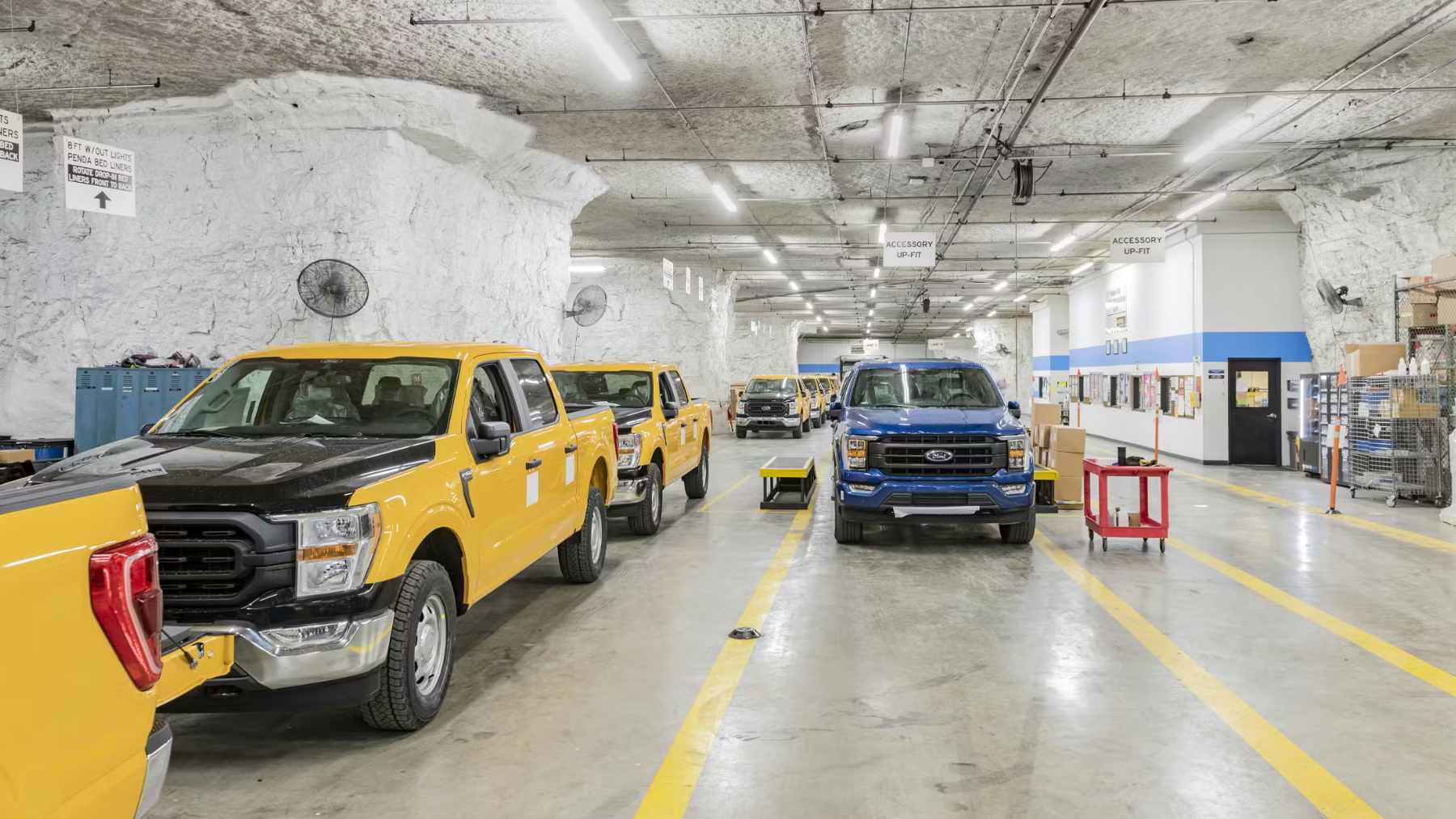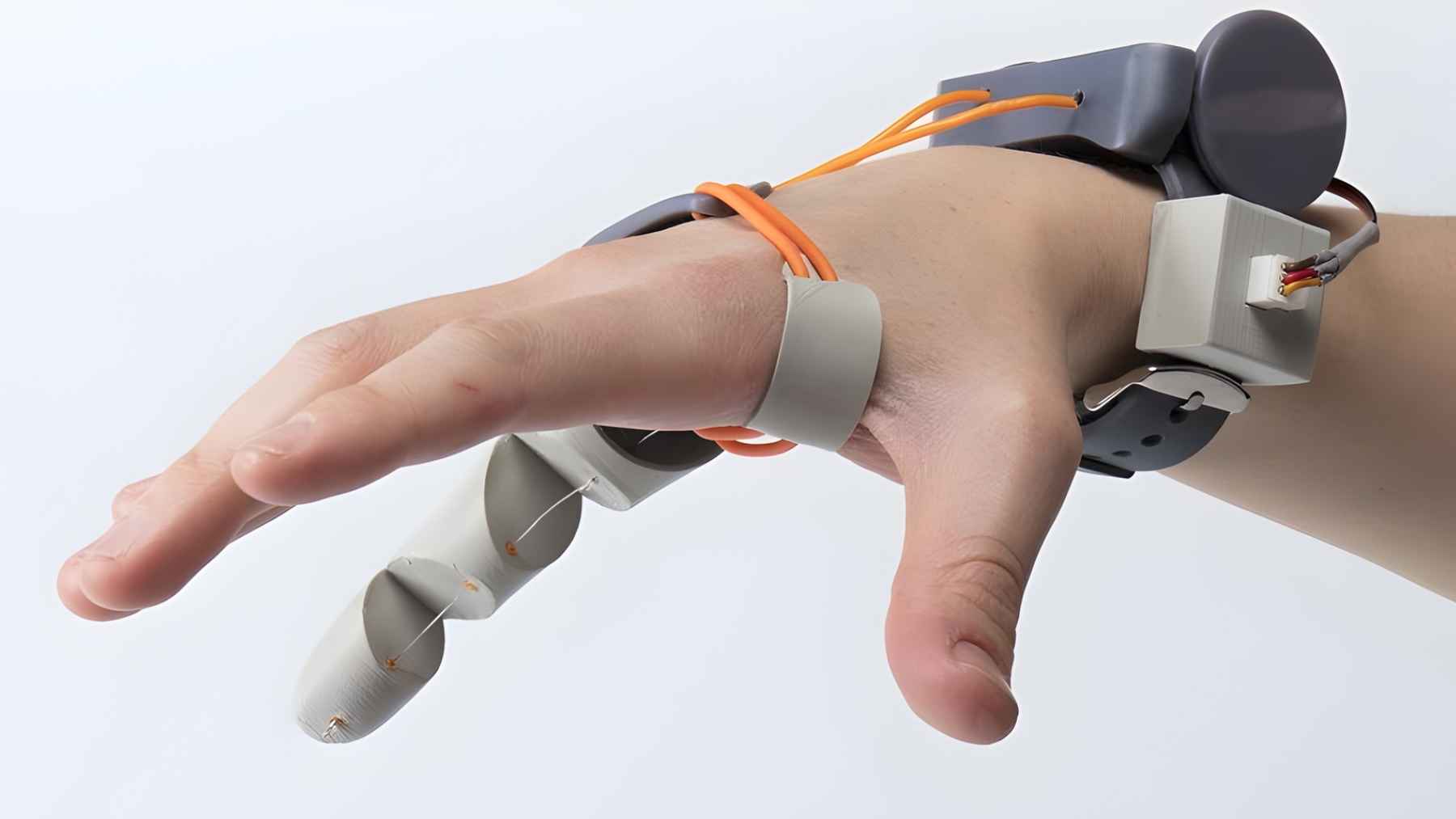Triton EV, an Indian Clean-Tech automotive innovation, recently unveiled their new hydrogen internal combustion engine in July earlier this year. While the company has been focused on electric vehicle (EV) production, this new unveiling of the latest hydrogen technology comes with a global shift in the automobile market towards looking at alternative fuel sources outside of electric.
Eco-friendly and zero carbon emissions
Hydrogen technology has been a much anticipated development. Producing zero emissions, it is next in the lineup of potential widespread fuel sources now that EVs have been somewhat perfected. Further, traditional internal combustion engines can be adapted to support hydrogen engine technology unlike EVs which need their own infrastructure.
Hydrogen vehicles have been in the works since the early 1800s. Today, hydrogen technology operates by using fuel-cell technology. Fuel-cell technology was first developed by NASA in the 1960s. This technology is still used by the space station to provide drinking water for space crews during flight as hydrogen technology’s only by-product is water.
Triton EVs new engine is expected to match conventional internal combustion engines
“Designed to deliver high performance, Triton EV’s hydrogen internal combustion engine offers superior efficiency without compromising on power,” says Himanshu Patel, CMD of Triton EVs, “the engine boasts an advanced combustion process optimized for hydrogen, which ensures complete fuel utilization and minimizes energy losses. This result in a higher thermal efficiency compared to traditional gasoline engines, translating to better fuel economy and reduced operational costs”.
The Triton HV Hydrogen Engine power output delivers both torque and horsepower which matches and exceeds current traditional combustion engines. A challenge with hydrogen engines is that they work best when at a constant speed which, for a passenger vehicle, is rarely utilized. Triton’s new engine has successfully demonstrated that it can perform well under various driving conditions however.
The engine has enhanced durability and efficiency compared to other hydrogen engines. With futuristic and modern designs and great material-choice, the engines maintenance needs are vastly reduced with an increased expected lifespan. The engine is incredibly versatile, allowing for an integration into multiple vehicle-types from passenger vehicles to commercial trucks.
Triton EV is seeking partnerships with automotive manufactures
Triton EV is currently reaching out to automotive manufactures to develop partnerships to integrate their engine into their vehicles. Automotive companies are increasingly looking at hydrogen technology, most notably Tesla with their first hydrogen powered car expected to debut in 2026. While hydrogen vehicles do currently exist, they are limited to products produced by Toyota, Honda, and Hyundai. However, the market is growing in competition and suppliers like Triton EV will most certainly be welcomed.
Companies like Triton EV are accelerating the way towards a greener future. While countries around the world have ambitious deadlines for net-zero carbon emissions, industry should consider broadening their options to reach these goals instead of solely relying on electric vehicles. Triton EV is committed to ensure a sustainable future through collaborations across industry.
“The application of this hydrogen engine is extremely versatile as it not only controls the carbon footprint but also makes trucks more affordable,” says Patel. “We are open to collaborating with other commercial and non-commercial vehicle brands for supplying our hydrogen engine”.
While fuel-cell technology will take time to become more of a significant presence on the roads, it is encouraging to see companies thinking laterally. Harnessing and storing hydrogen has its own challenges, but there is clear confidence in the fuel despite this. Globally, the hydrogen fuel cells market is projected to reach $13.7 billion by 2026. Hydrogen technology is expanding fast thanks to efforts from developers like those at Triton EV.














